
Men
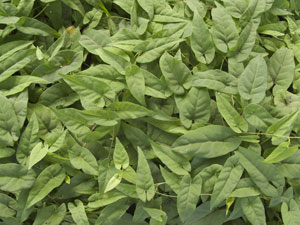
He shou wu (Polygonum multiflorum) leaves and roots are used to tonify the liver and kidneys, fortify the blood, strengthen bones and muscles, and keep the hair from graying. The root has been used to restore health in cases of impotence.
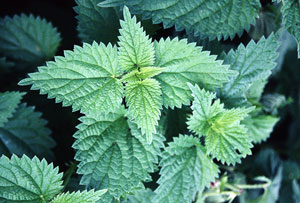
Stinging nettle (Urtica dioica) leaves and roots are used to prevent inflammation of the urinary tract and treatment of kidney gravel. For men, the roots and root extracts have been used to treat the symptoms of enlarged prostate. Stinging nettles have astringent qualities and the leaves are rich in minerals and vitamins which are beneficial when incorporated into the diet or used as a nutritional supplement.
Women

Lemon balm (Melissa officinalis) is a calming and soothing herb; it aids in restlessness and anxiety especially for women who are going through menopause or suffer from PMS. Extracts of lemon balm have demonstrated the ability to prevent or eliminate bacteria, fungi, and viruses, including herpes.
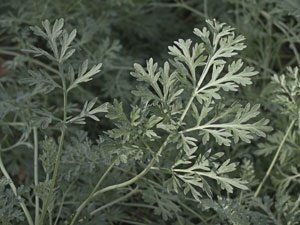
Mugwort (Artemisia vulgaris) has been employed during cases of menstrual irregularity; it acts to return menstruation to its normal flow.
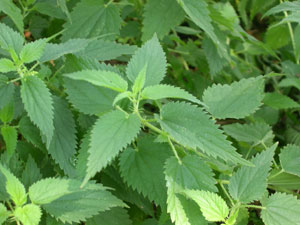
Stinging nettle (Urtica dioica) leaves and roots have astringent qualities; when taken internally it will relieve symptoms of hemorrhaging (e.g., uterine hemorrhaging). The Lummi Indians of North America gave an infusion of nettles before childbirth to relax the muscles and thus facilitate delivery. The leaves are also employed in cases of anemia, excessive menstruation, and hemorrhoids. The leaves are rich in bio-available calcium and iron, and vitamins A and C.
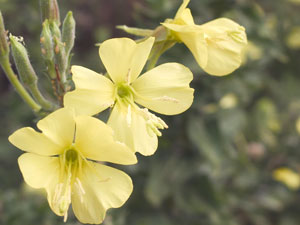
Evening primrose (Oenothera biennis) has beneficial effects on the body for menstrual problems, such as painful breasts during menstruation and PMS symptoms, as well as menopausal problems.

|